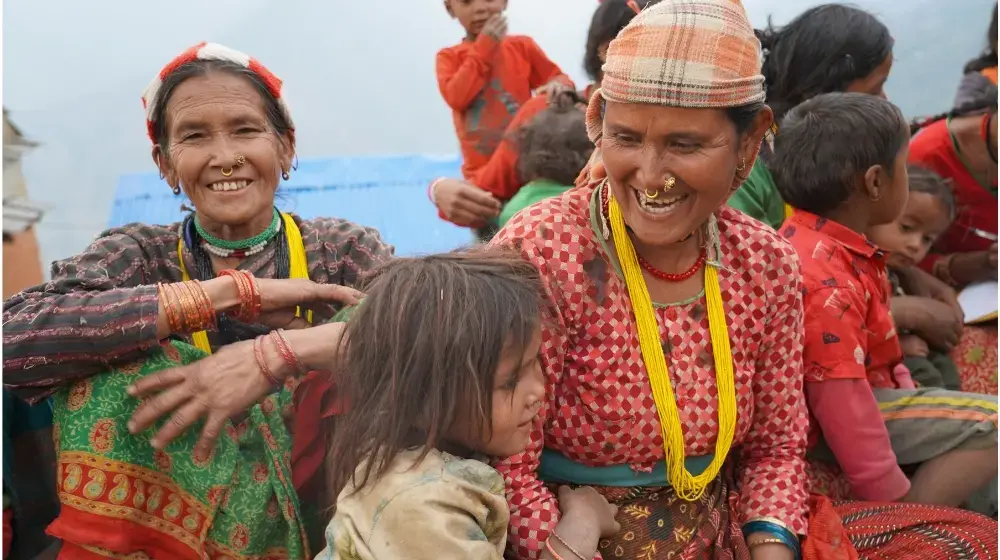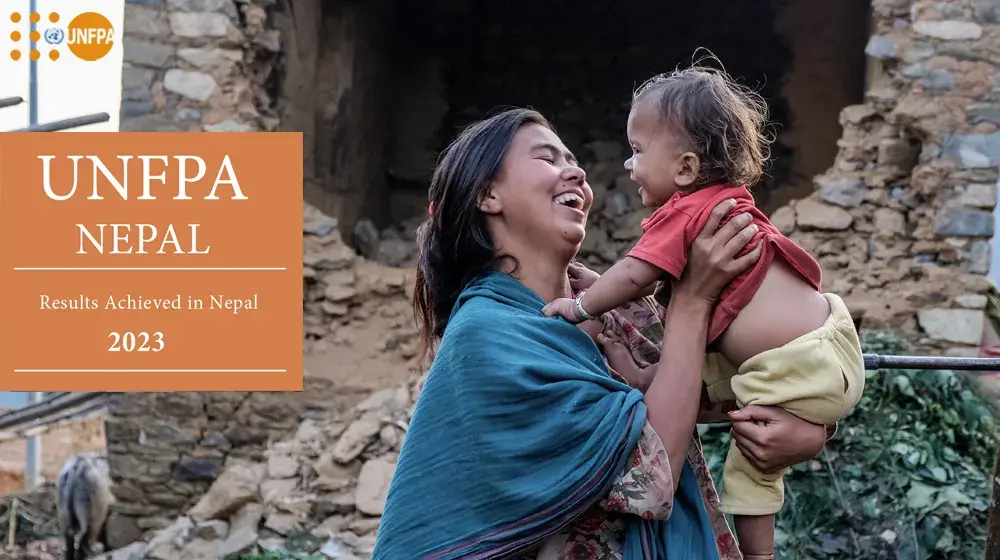Nepal has launched 5th series of Population Monograph and CensusInfo, marking another milestone in the country's 100 years of census history. The National Planning Commission (NPC) released the monograph and CensusInfo on 23rd December, which were prepared by the Central Bureau of Statistics with technical and financial support from UNFPA, the United Nations Population Fund, and the Government of Switzerland.
With the launch of CensusInfo, all quantitative information and data generated by Nepal's Census 2011 is at everybody's fingertips now. CensusInfo is an online database system used for disseminating census data at all geographical levels. It can easily produce a wide variety of user-friendly tables, graphs and maps. The information stored online allows viewers to access census data at will.
On the other hand, the monograph provides a further analysis of the Census 2011 with a lot of useful additional information and analysis essential for policymaking and development planning, which can be triangulated with other surveys. This important post census data analysis work is divided into three volumes — demographic, social and economic and includes Maternal Mortality Ratio estimates from the census data, which is useful for continued investment in this important sector. The chapters were written by a team of senior and mid-level national experts and reviewed by veteran demographers.
The first volume includes chapters on population dynamics of Nepal such as size and structure of the population, nuptiality, fertility, mortality, migration and population projections. The second contains information on social demography with an emphasis on caste and ethnicity, language, ageing, socioeconomic characteristics, status of gender, education, adolescents and youth, children and disability.
Similarly, the third volume provides important interlinkages of population and economic variables such as economic activities, urbanization, economic development, environment, status of agriculture and other poverty indicators. Data has been disaggregated by caste, ethnicity, gender and spatial distribution. Each chapter has been further reviewed by experts.
The monograph presents different aspects of the population in Nepal, which is extremely important for development planners, policy makers, researchers, private sector and other, according to Prof. Dr. Govind Raj Pokharel, Vice-Chairman, NPC.
During the launching ceremony, NPC members Dr. Swarnim Wagle, Dr. Yagya Bahadur Karki, Dr. Bimala Rai Paudyal, Dr. Bhartendu Mishra and Dr. Govinda Nepal expressed commitment that the planning body would make the best use of the monograph and CensusInfo. They also thanked CBS and UNFPA for their efforts in further analyzing Census data and key topics and making qualitative information accessible to all.
Likewise, Bikash Bista, Director General, CBS, said the monograph is a large scale academic exercise carried out with inputs, analysis and perspectives from experts and development professionals. Around 50 national authors and reviewers were involved in preparing the various chapters, he said.
Delivering her statement during the lunching ceremony, Giulia Vallese, UNFPA Representative to Nepal, said the report provides evidence-based analysis for integrating population dynamics into the new international development agenda. She further added that the three volumes provide rich analysis of demographic data and their interlinkages to social and economic aspects of basic human development indicators and UNFPA was very glad to have contributed with its technical and financial support .
It was gratifying to note that the monograph report was being launched for the first time together with the CensusInfo database. . While the former will inform executives and academicians to better understand the dynamics of socio-demographic data for evidence based planning and monitoring, the user-friendly CensusInfo tool would be helpful for disseminating the disaggregated census data to the widest stakeholders and data end users Vallese added.
The report comes at a time when Nepal is engaging with global and regional stakeholders in defining indicators, baselines and targets for the development agenda including on the International Conference on Population and Development and the Sustainable Development Goals.
In addition to a number of renowned national experts, various UN agencies including UNFPA, UNICEF, UNDP, UN Women, ILO, WFP, UN Habitat and UNESCO provided technical inputs to specific chapters based on their area of expertise, further enriching the quality of data analysis of the chapters.




